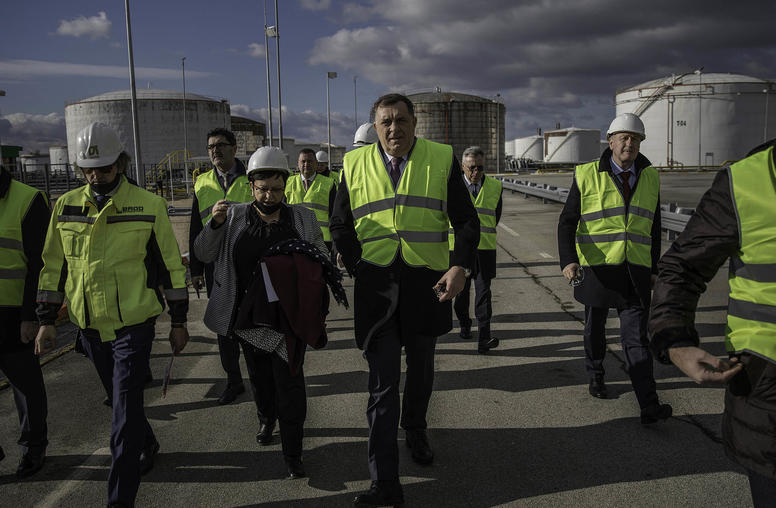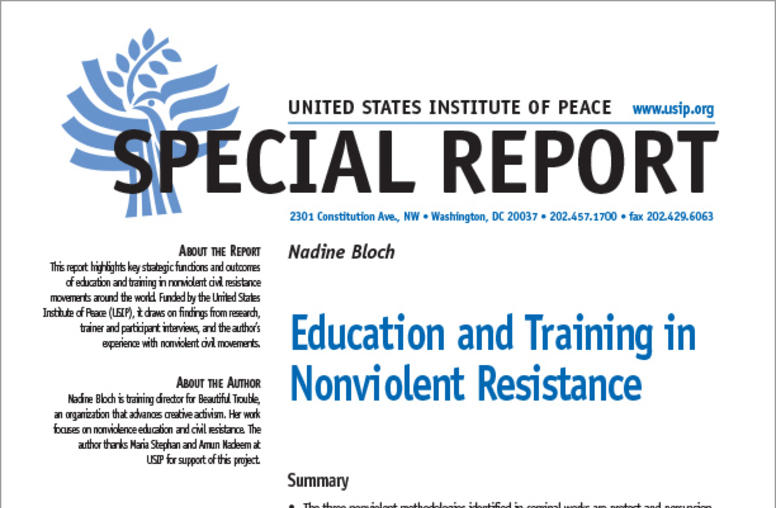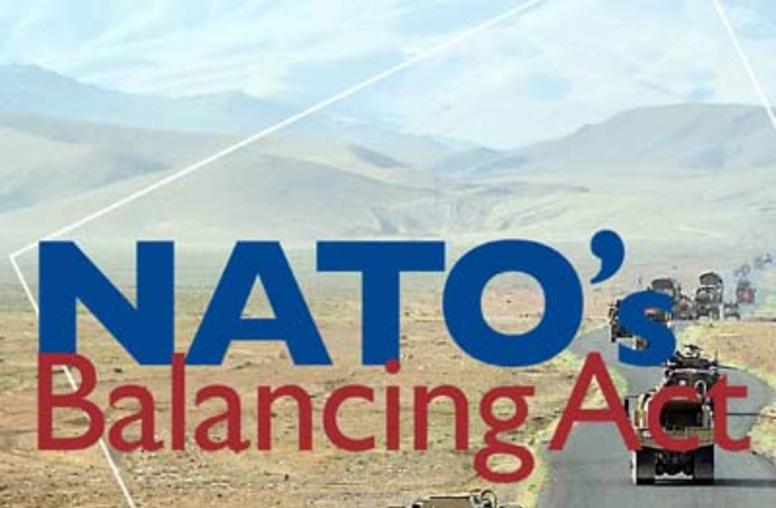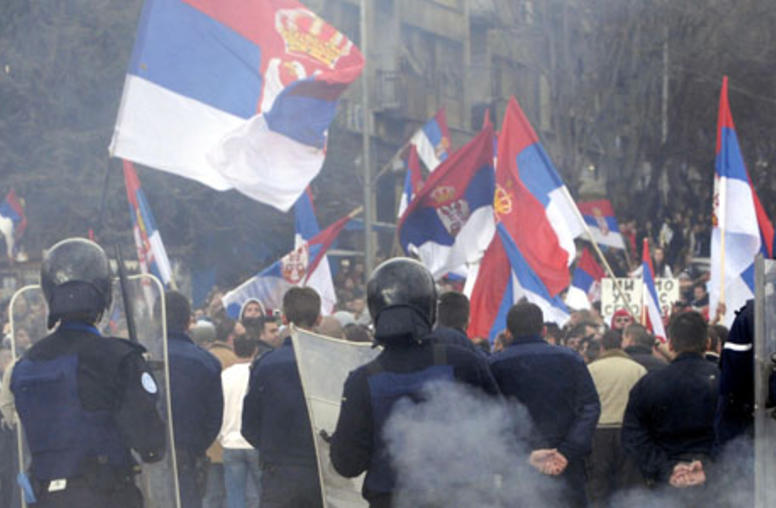New State Department Documents Refute Karadzic Claims
The State Department on June 25 announced it would make public documents pertaining to new accusations by Radovan Karadzic, the indicted Serbian war leader, that the U.S. government and specifically U.S. Ambassador Richard Holbrooke had promised him immunity from prosecution for war crimes during the Bosnian war (1992-1995) if he would withdraw from public life.
The International Criminal Tribunal for the former Yugoslavia (ICTY) in 1995 indicted Karadzic for war crimes, including charges that his forces killed at least 7,500 Muslim men and boys from Srebrenica in 1995 as part of an ethnic cleansing campaign against the Bosnian Muslim and Bosnian Croat population. A year after his indictment, Karadzic stepped down as president of the Serbian Democratic Party (SDS) and went into hiding. Serbian authorities arrested Karadzic in 2008 - nearly 13 years after being on the run.
Karadzic on May 25, 2009 filed a motion entitled "Holbrooke Agreement Motion" before the ICTY arguing that his indictment should be dismissed on the grounds that the U.S. government had offered him a "quid pro quo." The State Department's newly released documents show that the U.S. government repeatedly made clear that it expected Karadzic to be tried at The Hague, even following his agreement to retire from public life. Link to State Department Press Release.
Upon learning of the new documents, USIP vice president Daniel Serwer said "I am delighted to see these documents, which clarify the US Government's position in 1996 and refute Karadzic's "immunity" claims."
U.S. Institute of Peace staff have worked in many ways to address the complex conflicts in the Balkans since the Dayton agreements were signed in late 1995. The Institute recently published three reports on the current situation in Bosnia as well as a USIP grant-supported volume entitled "Confronting the Yugoslav Controversies," edited by Charles W. Ingrao, in which scholars from throughout the Balkans, Western Europe and the U.S. attempt to clarify controversial issues in recent Balkans history. For more information, visit our country page on Bosnia-Herzegovina: http://www.usip.org/countries-continents/europe/bosnia-herzegovina



